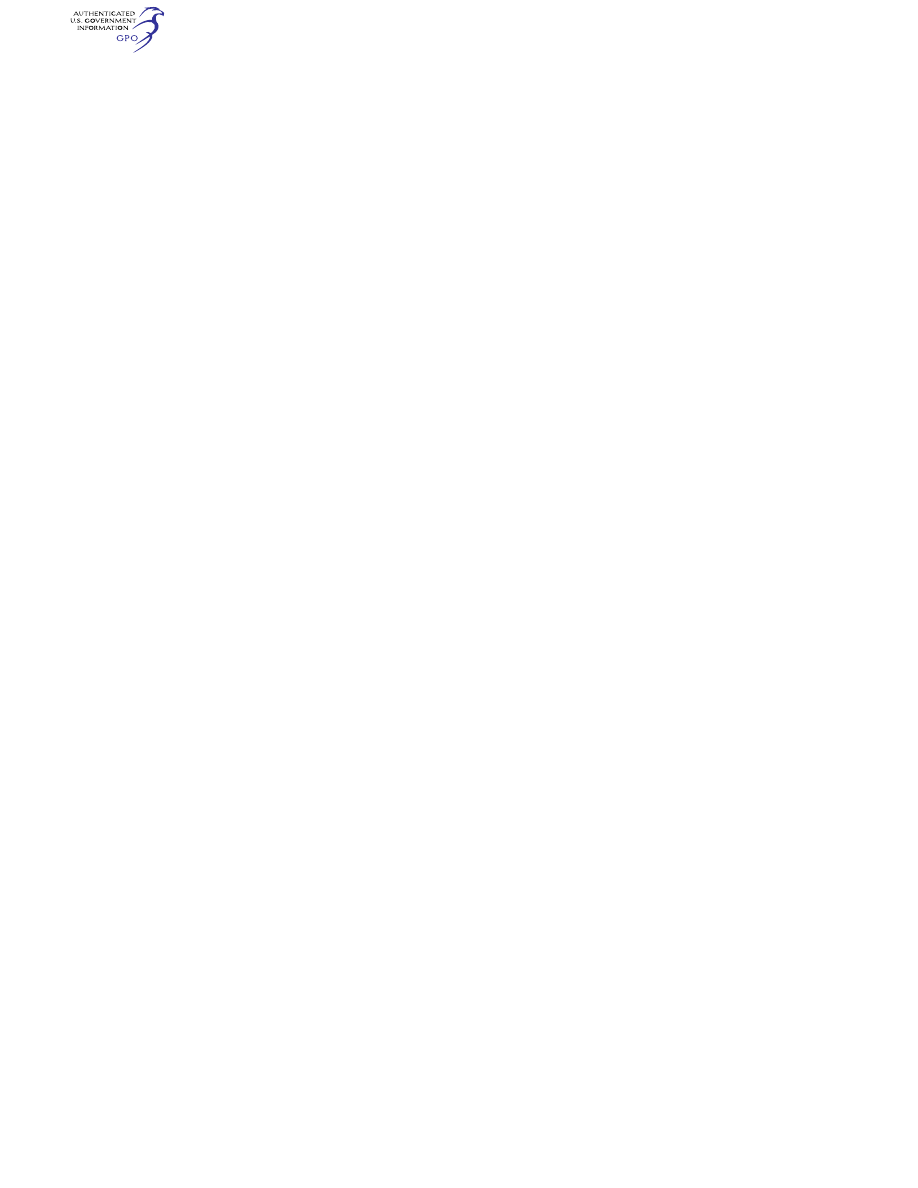
623
Federal Aviation Administration, DOT
§ 29.865
(h)
Heater fuel systems. Each heater
fuel system must meet the powerplant
fuel system requirements affecting safe
heater operation. Each heater fuel sys-
tem component in the ventilating air-
stream must be protected by shrouds
so that no leakage from those compo-
nents can enter the ventilating air-
stream.
(i)
Drains. There must be means for
safe drainage of any fuel that might ac-
cumulate in the combustion chamber
or the heat exchanger. In addition—
(1) Each part of any drain that oper-
ates at high temperatures must be pro-
tected in the same manner as heater
exhausts; and
(2) Each drain must be protected
against hazardous ice accumulation
under any operating condition.
[Doc. No. 5084, 29 FR 16150, Dec. 3, 1964, as
amended by Amdt. 29–2, 32 FR 6914, May 5,
1967]
§ 29.861
Fire protection of structure,
controls, and other parts.
Each part of the structure, controls,
and the rotor mechanism, and other
parts essential to controlled landing
and (for category A) flight that would
be affected by powerplant fires must be
isolated under § 29.1191, or must be—
(a) For category A rotorcraft, fire-
proof; and
(b) For Category B rotorcraft, fire-
proof or protected so that they can per-
form their essential functions for at
least 5 minutes under any foreseeable
powerplant fire conditions.
[Doc. No. 5084, 29 FR 16150, Dec. 3, 1964, as
amended by Amdt. 27–26, 55 FR 8005, Mar. 6,
1990]
§ 29.863
Flammable fluid fire protec-
tion.
(a) In each area where flammable
fluids or vapors might escape by leak-
age of a fluid system, there must be
means to minimize the probability of
ignition of the fluids and vapors, and
the resultant hazards if ignition does
occur.
(b) Compliance with paragraph (a) of
this section must be shown by analysis
or tests, and the following factors must
be considered:
(1) Possible sources and paths of fluid
leakage, and means of detecting leak-
age.
(2) Flammability characteristics of
fluids, including effects of any combus-
tible or absorbing materials.
(3) Possible ignition sources, includ-
ing electrical faults, overheating of
equipment, and malfunctioning of pro-
tective devices.
(4) Means available for controlling or
extinguishing a fire, such as stopping
flow of fluids, shutting down equip-
ment, fireproof containment, or use of
extinguishing agents.
(5) Ability of rotorcraft components
that are critical to safety of flight to
withstand fire and heat.
(c) If action by the flight crew is re-
quired to prevent or counteract a fluid
fire (e.g. equipment shutdown or actu-
ation of a fire extinguisher), quick act-
ing means must be provided to alert
the crew.
(d) Each area where flammable fluids
or vapors might escape by leakage of a
fluid system must be identified and de-
fined.
(Secs. 313(a), 601, 603, 604, Federal Aviation
Act of 1958 (49 U.S.C. 1354(a), 1421, 1423, 1424),
sec. 6(c), Dept. of Transportation Act (49
U.S.C. 1655(c)))
[Amdt. 29–17, 43 FR 50600, Oct. 30, 1978]
E
XTERNAL
L
OADS
§ 29.865
External loads.
(a) It must be shown by analysis,
test, or both, that the rotorcraft exter-
nal load attaching means for rotor-
craft-load combinations to be used for
nonhuman external cargo applications
can withstand a limit static load equal
to 2.5, or some lower load factor ap-
proved under §§ 29.337 through 29.341,
multiplied by the maximum external
load for which authorization is re-
quested. It must be shown by analysis,
test, or both that the rotorcraft exter-
nal load attaching means and cor-
responding personnel carrying device
system for rotorcraft-load combina-
tions to be used for human external
cargo applications can withstand a
limit static load equal to 3.5 or some
lower load factor, not less than 2.5, ap-
proved under §§ 29.337 through 29.341,
multiplied by the maximum external
load for which authorization is re-
quested. The load for any rotorcraft-
load combination class, for any exter-
nal cargo type, must be applied in the
VerDate Sep<11>2014
09:06 Jun 28, 2024
Jkt 262046
PO 00000
Frm 00633
Fmt 8010
Sfmt 8010
Y:\SGML\262046.XXX
262046
jspears on DSK121TN23PROD with CFR